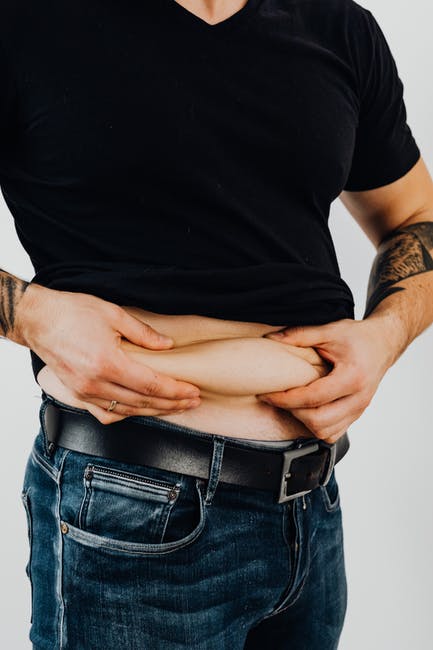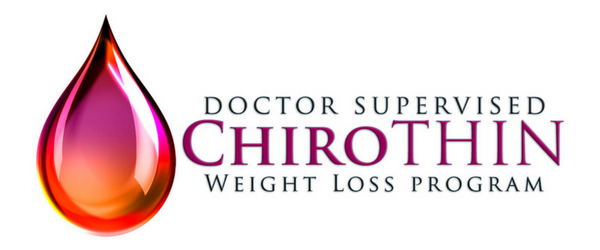
Are you frustrated with your weight loss journey? Do you feel like you’re working hard at the gym but don’t see the results you want on the scale?
We get it. It’s disappointing to feel like your hard work isn’t paying off. However, the problem might not be the scale. It might be your understanding of body composition and muscle.
We’re going to break down body composition so you can finally understand, and we’ll answer the question on everyone’s mind: does muscle weigh more than fat? Let’s get started.
Does Muscle Weigh More Than Fat?
In short, no. This is a common misconception that the Baylor College of Medicine disproved. However, that doesn’t mean that muscle and fat are the same things when it comes to your health.
One pound of fat may weigh the same as one pound of muscle, but how dense they each are and how much space they take up is extremely different.
It’s just like how one pound of feathers is very different from one pound of rocks. One is much heavier and takes up more space; however, they both still weigh one pound.
Muscle is much harder and denser than fat, which is softer and fluffier. This is why you can gain muscle from working out and not actually lose any pounds.
However, that doesn’t mean you aren’t losing any fat. It’s just that 5 lbs of fat vs muscle looks completely different.
This is also why two people who weigh the same can look completely different and have totally different body types. Essentially, a number on a scale does not say much about a person’s health or even size.
Muscle vs Fat Functions
Along with size and density, muscle and fat are also really different in how they function in your body. One of the main purposes of fat is to insulate the body, while the main function of muscle is to boost your metabolism.
Understanding Muscle and Body Fat Percentages
If you really want to accurately track your progress at the gym and with your diet, you should look at your muscle and body fat percentages instead of the number on the scale.
You can also track your muscle to fat ratio. However, it’s not all about getting your fat percentage as low as possible. Keep in mind that having too little body fat is still dangerous.
To live a long and healthy life with fewer risks of diseases, aim for these percentages based on your age and gender. Measuring your body fat and muscle percentages is complicated and hard to do on your own, so ask a doctor to help you on your next visit.
You can also see your muscle and body fat ratio changing without measuring your exact percentages. If you gain muscle and lose fat, your body will become leaner and stronger. If you gain fat and lose muscle, your body becomes softer.
Can Fat Turn Into Muscle?
The answer to this question is also no. In fact, this is another common misconception about weight loss. The idea of fat turning into muscle, or vice versa, is as impossible as a cat turning into a dog. The two things are made up of completely different cells.
If you are going hard at the gym with cardio and strength training, it may look and feel like your fat is turning into muscle. What’s actually happening is that you are losing fat while you are gaining muscle at the same time.
When you lose weight, your body uses fat as fuel to burn. If you have more muscle, you can actually lose fat faster since your metabolism is higher. This is why strength training in addition to cardio is a great idea if you want to lose weight quickly.
You don’t have to bulk up or become a bodybuilder to gain muscle. You can simply add lean muscle to your body and still see amazing benefits. Let’s look at more ways to sustainably lose fat and gain muscle so you can finally see the results you want.
How to Lose Fat and Gain Muscle
Target your workouts so you can effectively lose fat and gain muscle. Alternate between cardio, such as walking, jogging, biking, or swimming, with strength training, like lifting weights, pilates, and yoga. Aim for at least 20-minute workout sessions five to seven times a week.
Eat a healthy and balanced diet of fruit, vegetables, and lean proteins to hold onto muscle mass. Minimize the amount of processed foods you eat and choose whole foods instead. You should also prioritize rest and sleep to see the best results.
Remember not to track your progress on the scale alone. Instead, watch how your appearance changes, how you feel, and how your clothes fit. If you’re losing fat and gaining muscle, it’s possible that your pants will fit looser but your sleeves will feel tighter.
Doctor Supervised Weight Loss
Now that you know more about body composition and the answer to the famous question, “does muscle weigh more than fat,” you can effectively start your weight loss journey.
For the healthiest and most sustainable results, your weight loss journey should be supervised by a doctor. They will be able to track your progress more accurately and keep tabs on your overall health.
On the ChiroThin weight loss program, you will be supervised weekly. The program is designed to help you efficiently metabolize fat and use it as energy. The program powerful supplements combined with dietary and behavior modifications to maintain long-term weight loss.
Are you ready to get started on the path to a healthier you? Click here to find a ChiroThin doctor in your area.
